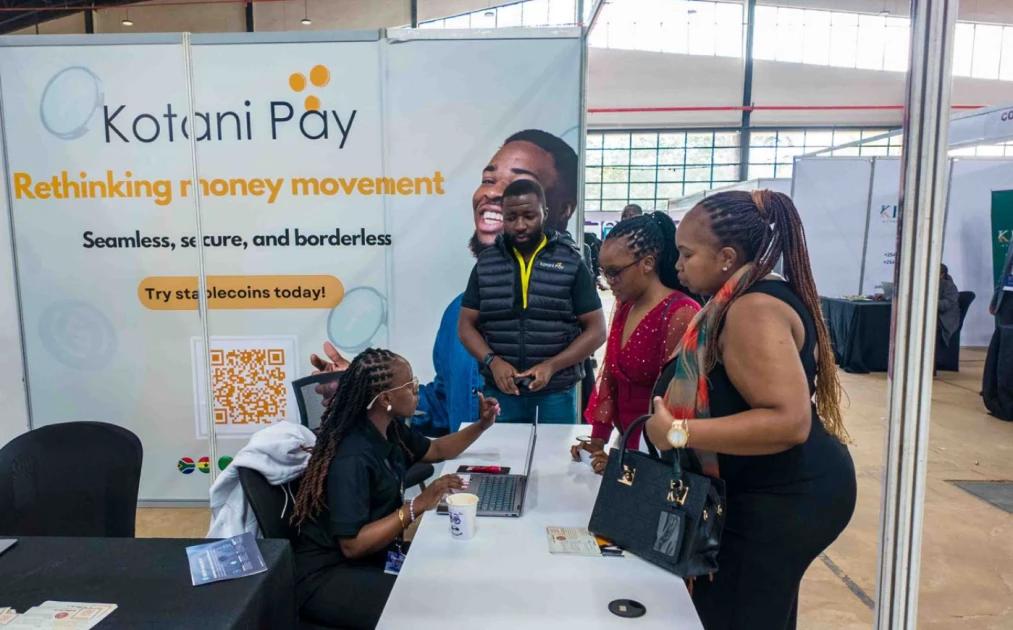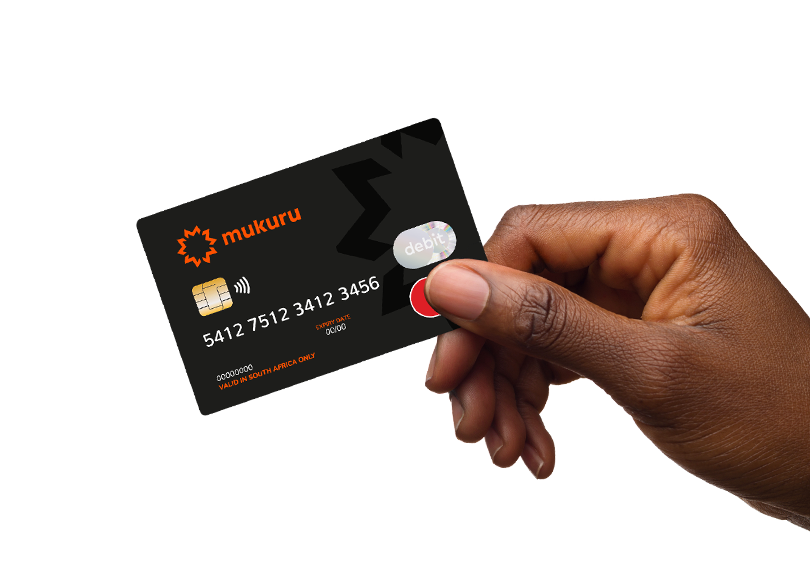Cross-border payments weren’t built for the people who use them most. They’re slow, expensive, and often out of reach for millions who keep the global economy moving.
In Africa, sending money abroad can cost up to 7% in fees and take several days to land. That’s not just inefficient; it’s exclusionary.
But the ground is shifting as the giant behind the world’s most-used stablecoin, USDT, announced a strategic investment in Kenya’s Kotani Pay, one of Africa’s most promising fintech startups.
It’s a test case for how blockchain might finally make global finance as fast and open as the internet itself.
For small businesses, freelancers, and migrant workers who live between currencies, this partnership could turn cross-border pain into real opportunity.
Tether’s Bet on Africa’s Next Financial Frontier
Tether’s decision to invest in Kotani Pay is more than a headline; it’s a signal. With over $120 billion in USDT circulation, the company is betting on the continent’s financial inclusion story.
Kotani Pay already powers on-ramps and off-ramps that connect crypto wallets to mobile money systems in Kenya, Nigeria, and beyond.
That means users can switch between local currencies and stablecoins in seconds, with no need for traditional banks or middlemen.
It’s a practical fix to a long-standing problem: how to send, spend, and save money in economies where banking infrastructure lags behind innovation.
By combining Kotani’s local reach with Tether’s liquidity and global footprint, the two are building a payment layer that could work for everyone from a Nairobi freelancer paid in USDT to a Lagos supplier dealing in shillings or naira.
The Numbers Tell the Story
Sub-Saharan Africa is already living the crypto experiment in real time. Between July 2024 and June 2025, the region processed over $205 billion in on-chain value, according to Chainalysis, a 52% jump in just one year.
And unlike in Western markets, this growth isn’t led by big investors. Most transactions are under $10,000 and used for remittances, trade, and day-to-day needs.
Nigeria still leads in transaction volume, but Kenya, South Africa, and Ethiopia are catching up fast. In places where inflation bites hard and banking services remain out of reach, stablecoins like USDT act as a lifeline of digital cash that holds its value.
Tether’s capital and compliance expertise, paired with Kotani’s mobile-first tech, could push that adoption into the mainstream.
The goal isn’t to replace banks; it’s to make them work better with blockchain rails running underneath.
The Leadership View: Finance as a Freedom Tool
Tether’s CEO, Paolo Ardoino, didn’t cut down on words when announcing the deal.
“At Tether, we believe blockchain technology plays a critical role in unlocking financial freedom,” he said. “Kotani Pay’s vision and strong regional presence make it the right fit to drive that mission in Africa and beyond.”
It’s a sentiment that fits Tether’s recent push into real-world finance. Beyond being a stablecoin issuer, the company has been expanding into infrastructure, including energy projects, payment rails, and now African fintech.
READ ALSO:Why This Tether-Backed Fintech Could Change Business in Africa
Felix Macharia, Kotani Pay’s co-founder and CEO, called the deal a turning point:
“This investment better positions us to connect millions of Africans to the global financial system,” he said. “We’re building tools for wealth creation, not speculation.”
That human-centred angle has always been Kotani’s edge.
The Bigger Picture: From Transaction to Transformation
No one’s claiming blockchain will fix every financial problem overnight. Regulatory hurdles remain, and internet access still limits reach in some regions. But partnerships like Tether–Kotani Pay are changing the equation.
Transactions are faster and cheaper. Records are transparent. Users gain access to services that once required a bank branch or international account. For Africa’s $3 trillion informal economy, that’s empowering.
If this model scales, it could redefine how capital flows in and out of emerging markets. And if it works here, it might just work anywhere.
As Africa cements its place as the third-fastest-growing crypto region, investors and policymakers alike are watching closely. Because if blockchain is ever going to prove its promise of inclusion, it will start where financial exclusion runs deepest.
For now, one thing is clear: cross-border friction is losing ground, and Africa is leading the charge.
Kotani Pay: Bridging Digital Payments Across Africa
Kotani Pay is a fast-growing African fintech company focused on simplifying blockchain-powered payments and financial inclusion.
Through the Kotani Pay app, users can seamlessly send and receive money across borders, including direct transfers such as Kotani Pay to M-Pesa.
The platform allows easy onboarding via Kotani Pay sign-up and secure access through the Kotani Pay login portal.
For students and professionals looking to join the fintech space, the Kotani Pay internship and Kotani Pay internship application opportunities provide valuable exposure to blockchain technology and digital finance.
The company also posts openings under Kotani Pay careers, attracting innovative minds eager to build Africa’s financial future.
With strong Kotani Pay funding rounds supporting its growth, the startup continues to scale its impact in transforming cross-border payments and financial accessibility.
Ronnie Paul is a seasoned writer and analyst with a prolific portfolio of over 1,000 published articles, specialising in fintech, cryptocurrency, and digital finance at Africa Digest News.






Leave a Reply